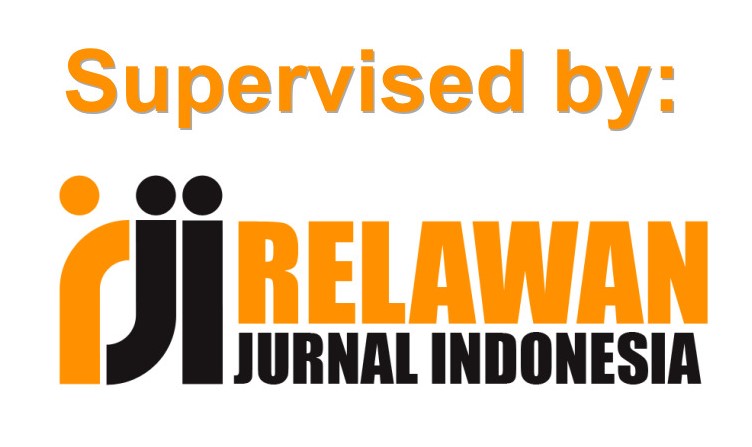Moderasi Beragama di Kalangan Milenial Peluang, Tantangan, Kompleksitas dan Tawaran Solusi
Abstract
Full Text:
PDF [INDONESIA]References
Burrel, Gibson dan Gareth Morgan. (2005). Sociological Paradigms and Organization Analysis; Elements of The Sociology of Coorporate Life, Ashagate, Limiter England.
Bustamam-Ahmad, K. (2019). The Religious Imagination in Literary Network and Muslim Contestation in Nusantara. Jurnal Ilmiah Peuradeun, 7(2), 217-244. doi:10.26811/peuradeun.v7i2.344
Dirjen Pendis. (2021). Keputusan Direktur Jenderal Pendidikan Islam Nomor 897 Tahun 2021 Tentang Petunjuk Teknis Rumah Moderasi Beragama, Kementerian Agama Republik Indonesia, Jakarta.
https://nasional.tempo.co/read/1029658/kampus-ini-teliti-radikalisme-di-internet-hasilnya/full&view=ok (diakses 20 April 2021)
Ilyas, M., Ismail, Z., Abdullah, M., & Zulfidar, F. (2020). Youth Existence and Radicalism in Aceh, Indonesia. Jurnal Ilmiah Peuradeun, 8(2), 409-422. doi:10.26811/peuradeun.v8i2.431
Irawan, Aditya Wicaksono, dkk. (2020). Laporan Survey Internet Asosiasi Pengguna Jasa Internet Indonesia 2019 – 2020 (Q2), APJII, Jakarta
John L. Espino et.al, (ed). (2008). Asian Islam in the 21st Century, Oxford University Press.
Muhtarom, Ali. (2020). Moderasi Beragama, Konsep, Nilai dan Strategi Pengembangan di Pesantren, Yayasan Talibun Nusantara, Jakarta.
Shihab, M. Quraisy. (2019). Wawasan Islam tentang Moderasi Beragama, Lentera Hati, Jakarta.
Suharto, Babun, et.al. (2019). Moderasi Beragama dari Indonesia untuk Dunia, Lkis, Yogyakarta.
Suseno, Franz Magnis, et.al. (2015). Agama, Keterbukaan dan Demokrasi; Harapan dan Tantangan, Pusat Studi Agama dan Demokrasi Yayasan Paramadina, Jakarta.
Tim Penyusun Kementerian Agama RI. (2019). Moderasi Beragama, Badan Litbang dan Diklat Kementerian Agama RI, Jakarta.
Umar, Nasaruddin. (2019). Islam Nusantara; Jalan Panjang Moderasi Beragama di Indonesia, Elex Media Komputindo, Jakarta.
Zaprulkhan. (2020). Rekonstruksi Paradigma Maqashid Asy-Syari’ah; Kajian Kritis dan Komprehensif, Ircisod, Yogyakarta.
DOI: https://doi.org/10.24952/tazkir.v7i1.4235
Refbacks
- There are currently no refbacks.
Copyright (c) 2021 Tazkir : Jurnal Penelitian Ilmu-ilmu Sosial dan Keislaman

This work is licensed under a Creative Commons Attribution-ShareAlike 4.0 International License.

This work is licensed under a Creative Commons Attribution-ShareAlike 4.0 International License.
Editorial Office:
Institute for Research and Community Services; Universitas Islam Negeri Syekh Ali Hasan Ahmad Addary Padangsidimpuan.
Jl. T. Rizal Nurdin Km. 4,5 Sihitang 22733 Padangsidimpuan, Sumatera Utara, Indonesia.
Phone: (+62) 634 22080 Faximili: (+62) 634 24022
e-mail: lppm@uinsyahada.ac.id
 View My Stats
View My Stats



